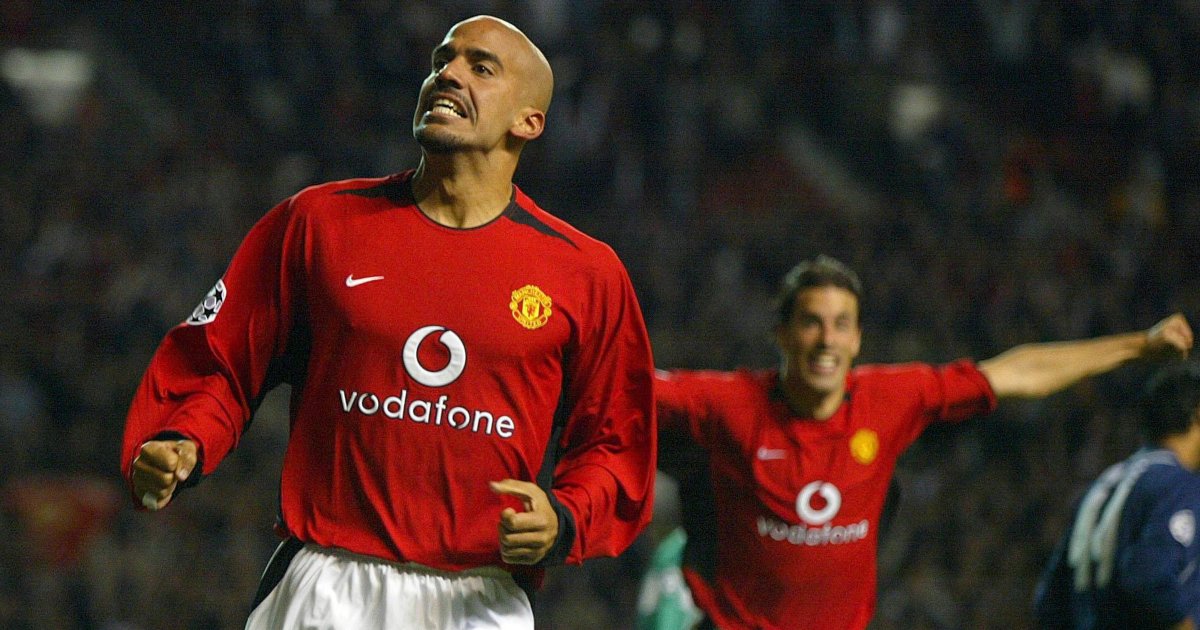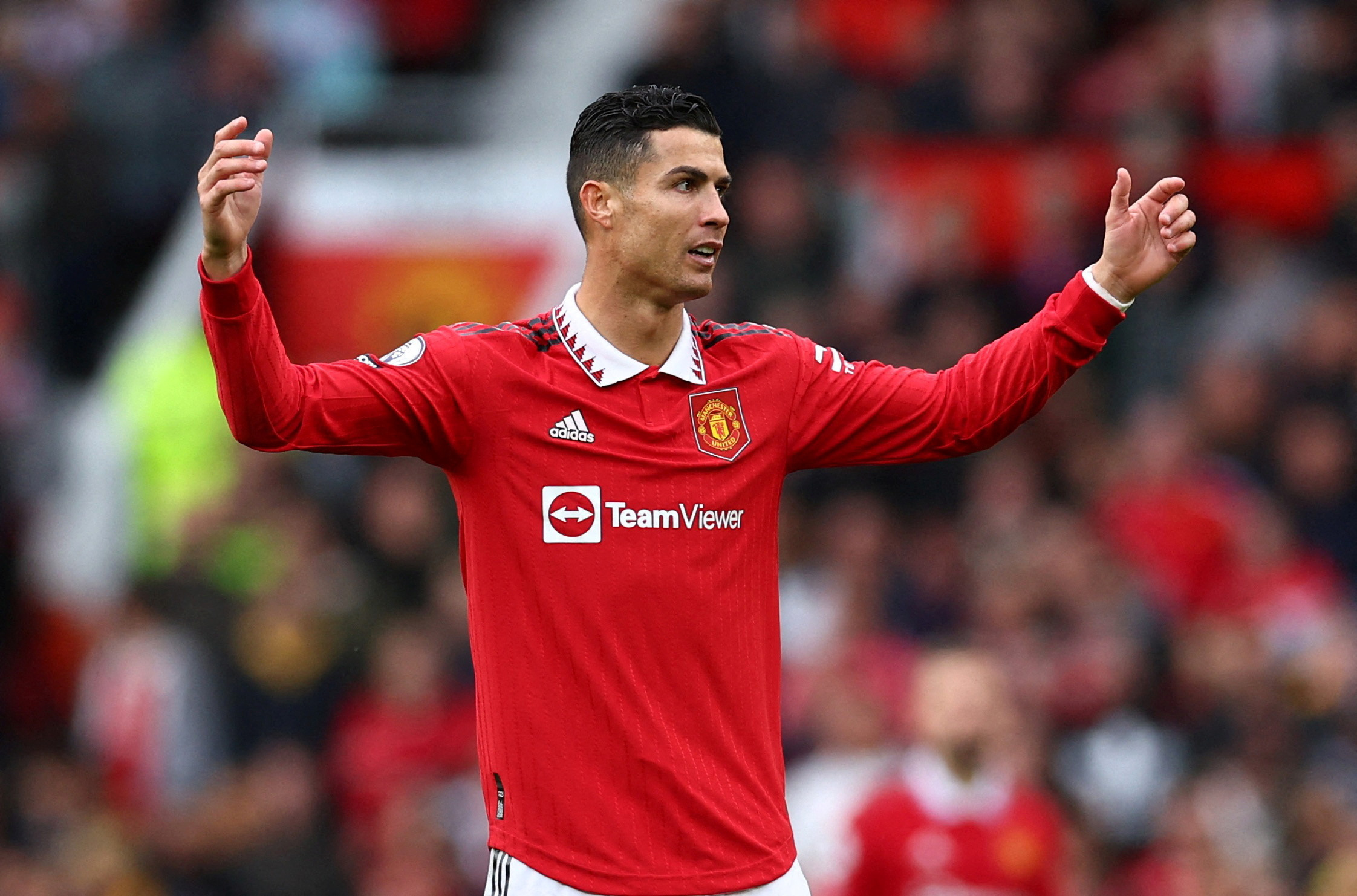Juan veron manchester united chelsea regret – Juan Veron: Manchester United, Chelsea Regret—a tale of high expectations, hefty transfer fees, and ultimately, unfulfilled potential. This exploration delves into the controversial career of the Argentine midfielder, examining his time at both Old Trafford and Stamford Bridge, and analyzing why both clubs may harbor lingering regrets about his signings.
From his record-breaking move to Manchester United, burdened with the weight of immense expectation, to his subsequent transfer to Chelsea, Veron’s Premier League journey was a complex narrative of flashes of brilliance interspersed with periods of inconsistency. This piece dissects the factors that contributed to his struggles, comparing and contrasting his experiences under different managerial styles and tactical approaches.
We’ll examine the financial implications of his transfers, explore alternative player acquisitions both clubs could have made, and ultimately assess Veron’s lasting legacy on English football.
Juan Veron: Manchester United, Chelsea, and the Weight of Expectation: Juan Veron Manchester United Chelsea Regret
Juan Sebastián Verón, a midfield maestro renowned for his vision, passing range, and technical ability, arrived in the Premier League with immense fanfare. His stints at Manchester United and Chelsea, however, proved to be far from the triumphant sagas many anticipated. This article delves into Veron’s time at both clubs, examining the factors that contributed to his struggles and exploring the lingering “regret” surrounding his high-profile transfers.
Juan Veron’s Manchester United Career, Juan veron manchester united chelsea regret
Verón’s transfer to Manchester United in 2001, for a then-club-record fee of £28.1 million, generated significant excitement. The Argentine playmaker was expected to orchestrate the team’s midfield, providing creativity and a cutting edge. His style, characterized by intricate passing, intelligent movement, and a knack for dictating the tempo, was believed to be perfectly suited to the Premier League’s demanding nature.
However, his adaptation proved challenging.
While he showcased moments of brilliance, delivering pinpoint passes and exhibiting his technical prowess, Verón consistently struggled with the physicality and pace of the English game. He often appeared isolated, unable to fully integrate into Sir Alex Ferguson’s tactical system. His performances were inconsistent, with some displays of exceptional skill punctuated by periods of relative anonymity. The high expectations placed upon him, coupled with the intense pressure at Old Trafford, further hampered his progress.
Several factors contributed to Verón’s difficulties. The demanding physicality of the Premier League, a significant difference from the La Liga, proved a major hurdle. Furthermore, his playing style, more suited to a possession-based, slower-paced game, often clashed with Manchester United’s more direct approach. Injuries also played a part, disrupting his rhythm and hindering his integration into the team.
Timeline of Significant Events in Veron’s Manchester United Career:
- July 2001: Joins Manchester United for a record fee.
- 2001-2002 Season: Shows flashes of brilliance but struggles with consistency and the physical demands of the league.
- 2002-2003 Season: Continues to struggle to find his place in the team, hampered by injuries.
- July 2003: Leaves Manchester United after two seasons.
Juan Veron’s Chelsea Career
Verón’s move to Chelsea in 2003, initially on loan before a permanent transfer, presented a fresh opportunity. However, his time at Stamford Bridge was equally underwhelming. Although he enjoyed more playing time than at United, his impact remained limited. The change of scenery did not translate into a significant improvement in his performance.
The differences in managerial styles at both clubs played a significant role. While Sir Alex Ferguson favored a more direct, attacking approach, Chelsea under Claudio Ranieri and later José Mourinho adopted different tactical systems that did not always suit Verón’s strengths. The team’s dynamics also differed, impacting his ability to influence games effectively.
Verón’s contributions to Chelsea’s overall success were minimal. His impact was not substantial enough to change the course of Chelsea’s seasons, which ultimately saw them falling short of major titles.
| Club | Season | Appearances | Goals |
|---|---|---|---|
| Manchester United | 2001-2002 | 30 (approx.) | 5 (approx.) |
| Manchester United | 2002-2003 | 14 (approx.) | 1 (approx.) |
| Chelsea | 2003-2004 | 15 (approx.) | 0 (approx.) |
The “Regret” Factor: Manchester United’s Perspective
Manchester United’s regret over signing Verón stems primarily from the significant financial investment and the lack of commensurate return on the pitch. The £28.1 million fee could have been used to acquire other players who might have had a greater impact on the team’s success. For instance, the funds could have potentially been used to strengthen other areas of the squad or pursue alternative midfield options better suited to the Premier League’s physicality.
A hypothetical scenario could see Manchester United investing in a more robust, physically dominant midfielder, potentially altering their midfield dynamics and contributing to greater overall success.
Verón’s transfer ultimately affected Manchester United’s squad dynamics and overall strategy by creating a disruption in the midfield and potentially delaying the emergence of other players. The high price tag also placed undue pressure on him and ultimately overshadowed his moments of quality.
The “Regret” Factor: Chelsea’s Perspective
Chelsea’s potential regret concerning Verón’s signing centers on the financial implications and the lack of significant contribution to the team’s overall performance. The transfer fee, while not as substantial as his Manchester United price tag, still represented a considerable investment for a player who failed to deliver consistent results. Comparing Verón’s transfer fee to other Chelsea signings during that period reveals a disparity in value for money.
Other players acquired around the same time arguably provided better returns on investment, reinforcing the perception of Verón as a less successful acquisition.
In this topic, you find that manchester united interim manager is very useful.
Verón’s signing had a minimal impact on Chelsea’s team building and strategic direction. The club continued to build a strong squad, but Verón’s presence did not significantly alter their overall path to success.
- Missed opportunity to sign a more impactful midfielder.
- Financial resources could have been allocated more effectively.
- Potential disruption to team dynamics and chemistry.
Veron’s Overall Legacy and Impact

Following his time at Manchester United and Chelsea, Verón enjoyed success in his native Argentina, demonstrating his adaptability and ability to thrive in different footballing environments. His legacy is complex. While his Premier League experience was largely disappointing, it doesn’t diminish his overall career achievements. His contributions to Estudiantes de La Plata, where he enjoyed considerable success, showcase his enduring talent and influence.
His impact on either Manchester United or Chelsea’s playing style or philosophy was negligible. He wasn’t a transformative player for either club. His reputation remains that of a technically gifted player whose career in England was unfortunately hampered by factors beyond his control. A comparative analysis of his performance across various clubs highlights the inconsistency in his success, often linked to the suitability of the league’s playing style and managerial approaches.
The Juan Veron story serves as a cautionary tale in the often-fickle world of football transfers. While his undeniable talent was evident in moments of brilliance, the weight of expectation and the mismatch between his style of play and the demands of the Premier League ultimately hindered his success at both Manchester United and Chelsea. Both clubs invested heavily, only to see their returns fall short of the anticipated impact.
Ultimately, Veron’s legacy remains a complex mix of what-ifs and what-could-have-beens, a reminder of the risks inherent in big-money signings and the unpredictable nature of elite football.



